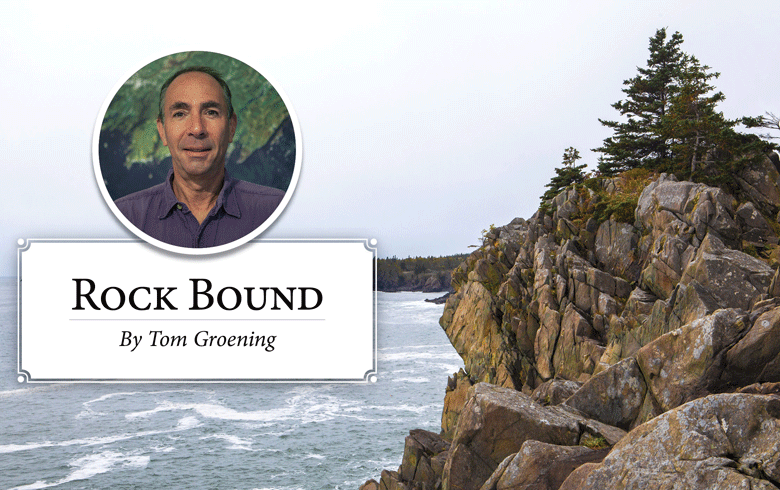I have a sharp memory of Angus King’s inauguration as governor in January of 1995. I was editor of the Republican Journal weekly newspaper in Belfast then, and we had endorsed him for the office.
As an independent candidate, I found his thinking on the issues of the day refreshing, and since he was bound to neither major party, he could be candid about where he stood, instead of parroting party lines.
Our kids were ten and seven at the time, old enough to understand some of the governor’s speech and I had them watch it. King included a specially made film by Bar Harbor’s Jeff Dobbs, he of High On Maine fame, featuring footage shot by helicopter (today it would be a drone) of the coast and inland parts of our state, with narration extolling Maine’s rich and proud history.
I’ve long felt our state has an inferiority complex, probably formed by an economic slump from 1930 to 1980.
It was a master stroke by King, coming as it did as Maine was crawling out of the recession of 1991, which was especially severe in the Northeast.
I’ve long felt our state has an inferiority complex, probably formed by what was essentially an economic slump from 1930 to 1980. We were poor. Many jobs relied on hard, seasonal resource extraction—fishing, logging—textile and shoe manufacturing, and processing agricultural products like chicken and potatoes.
Along comes King in 1994 with his “Maine is on the Move” gubernatorial campaign, and suddenly we begin to believe it and start noticing and reporting back how fast the ship of state is cruising.
I was reminded of this during Gov. Janet Mills’ State of the State address in late January. She took the unusual step of providing many of her policy proposals to the legislature in writing, while focusing her in-person remarks on what might be described as a moral call to the state.
Specifically, she highlighted two hits the state has taken in recent months—destructive storms and mass shootings. Both demand our action.
The shootings—18 massacred in Lewiston in October and four in Bowdoinham in April—demand a rethinking of our policy on guns, despite being a state with a long tradition of responsible use.
Mills persuasively argued that some commonsense steps—strengthening the law that allows a judge to order the seizure of weapons and closing the loophole that allows people banned from owning guns to purchase them privately—would go a long way toward making Maine safer.
And being seen as a “safe” state is critical to our economic future. Tourism surveys show this status is a big part of our allure. Citing King again, who often says that Maine is a big, small town, the safe vibe also is key to how we function, from our local government and community institutions to our neighborly concern and charitable generosity.
The storms Maine got walloped by—heavy rains in December that wiped out roads and bridges inland, and two big wind and rain events in January that coincided with high tides which devastated working waterfronts and more—must be understood as related to a warming climate.
Yes, we’ve seen devastating storms before; remember the 1978 blizzard? But 2023 was the warmest year ever recorded globally. And the years trailing it on the top ten list are all from this century. Warmer air holds more moisture, increases wind speeds, and expands the ocean. So, of course our storms will be worse.
Addressing our carbon pollution is overdue, but perhaps now it will no longer be seen as a hyperbolic warning. It’s happened, and its impacts will cost us millions. If we want to conserve what we have, both natural and built, and hang onto more of our money, we must act.
Mills’ creation of the Maine Climate Council sure looks wise at this point. Setting goals, on both climate and guns, is an important first step, but now we need state government—including those on both sides of the aisle—to implement changes. They won’t all be painless. But they surely will help us avoid the all-too-fresh pain of mass shootings and catastrophic storms.
Tom Groening is editor of The Working Waterfront. He may be contacted at tgroening@islandinstitute.org.





